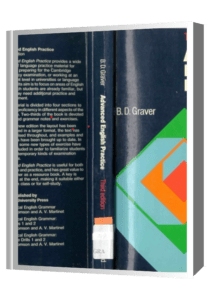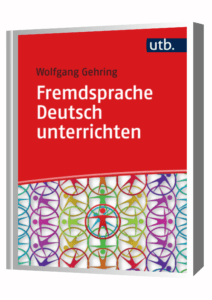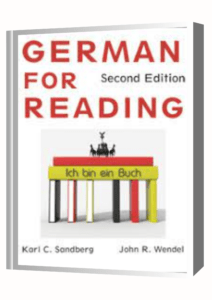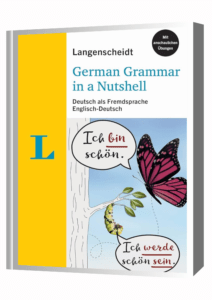Responsive Advertisment
Erfolgreich im Beruf B1 Book

Plus point German – successful in career B1
Germany, with its rich cultural heritage
and vibrant history, is known for many things—its picturesque landscapes, delicious cuisine, and, of course, its beautiful language. German, often considered a challenging language to learn, is a treasure trove of linguistic intricacies and cultural nuances that make it a fascinating subject of study.
One of the most striking features of the German language is its compound words. Germans have a unique ability to create compound words by combining multiple words into one, often resulting in lengthy yet precise terms. For example, “Donaudampfschifffahrtsgesellschaftskapitän” refers to a captain in the Danube steamboat shipping company. These compound words not only showcase the linguistic creativity of the German people but also reflect their penchant for efficiency and clarity in communication.
Furthermore, German grammar, although complex, follows a logical structure that appeals to language enthusiasts. Nouns are capitalized, and there are three grammatical genders—masculine, feminine, and neuter—that determine the articles and adjective endings. While mastering these grammatical rules may pose a challenge for learners, they provide a deeper understanding of language structure and contribute to precise and nuanced expression.
Another aspect that adds charm to the German language is its rich vocabulary. German boasts a vast array of words that encapsulate emotions, concepts, and experiences with remarkable specificity. For instance, “Weltschrei” describes the melancholy feeling of being disenchanted with the world, while “Schadenfreude” refers to the pleasure derived from someone else’s misfortune. These words not only capture complex emotions but also offer insights into German culture and worldview.
Furthermore, German is a language of poets and thinkers, with a literary tradition that spans centuries. From the works of Johann Wolfgang von Goethe and Friedrich Schiller to contemporary authors like Herta Müller, German literature is renowned for its depth, complexity, and philosophical themes. Translating these literary masterpieces into other languages often proves challenging due to the richness and intricacy of the German language.
On a practical level, learning German opens up a world of opportunities. Germany is the largest economy in Europe and a global leader in various industries, including automotive, engineering, and technology. Proficiency in German not only enhances career prospects but also facilitates cultural exchange and collaboration with German-speaking countries.
In conclusion
the German language is much more than a means of communication—it is a reflection of a rich cultural heritage, linguistic creativity, and intellectual depth. Whether you are drawn to its compound words, grammatical intricacies, rich vocabulary, or literary treasures, delving into the world of German offers a rewarding and enriching experience that transcends linguistic boundaries!



